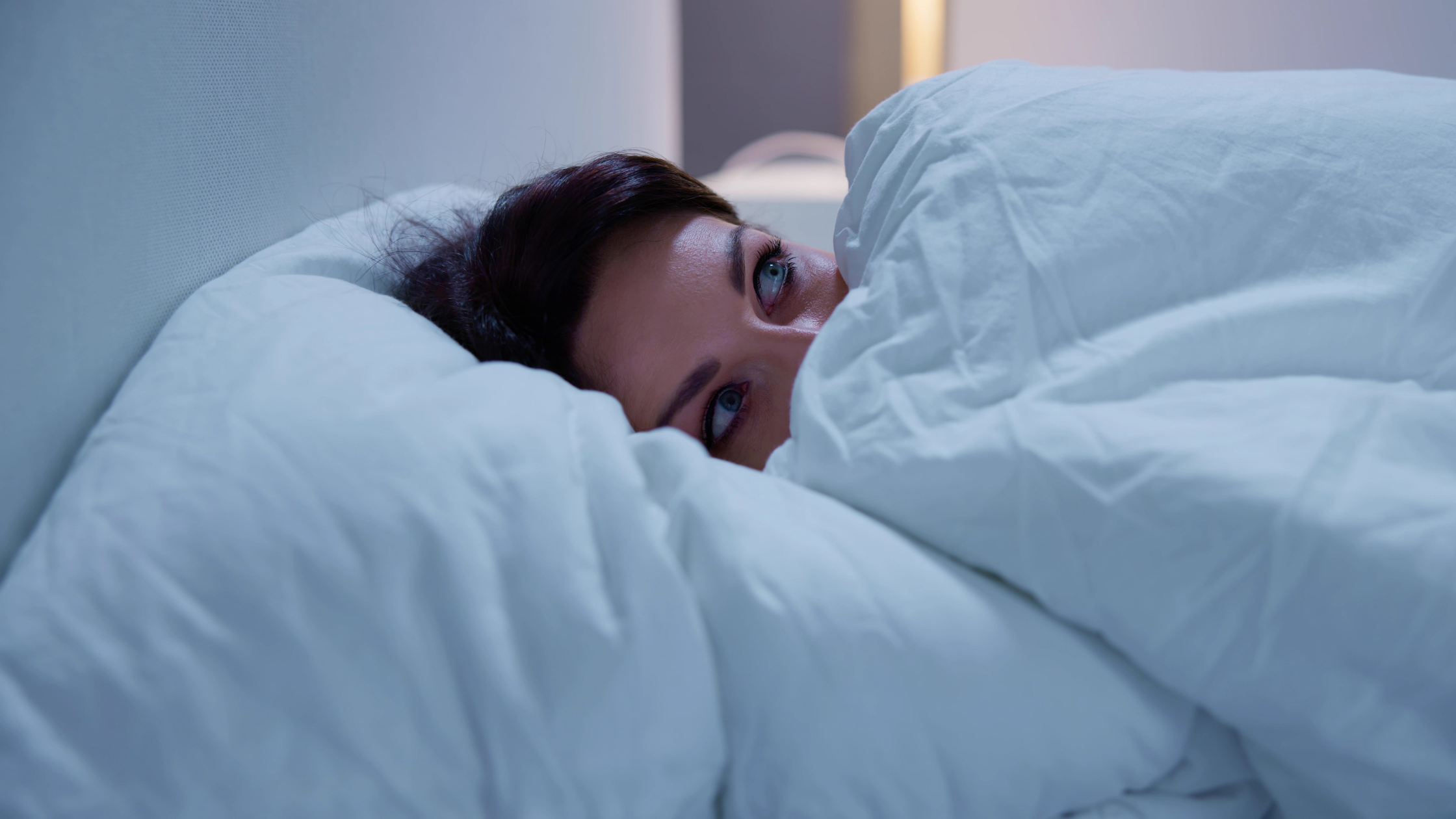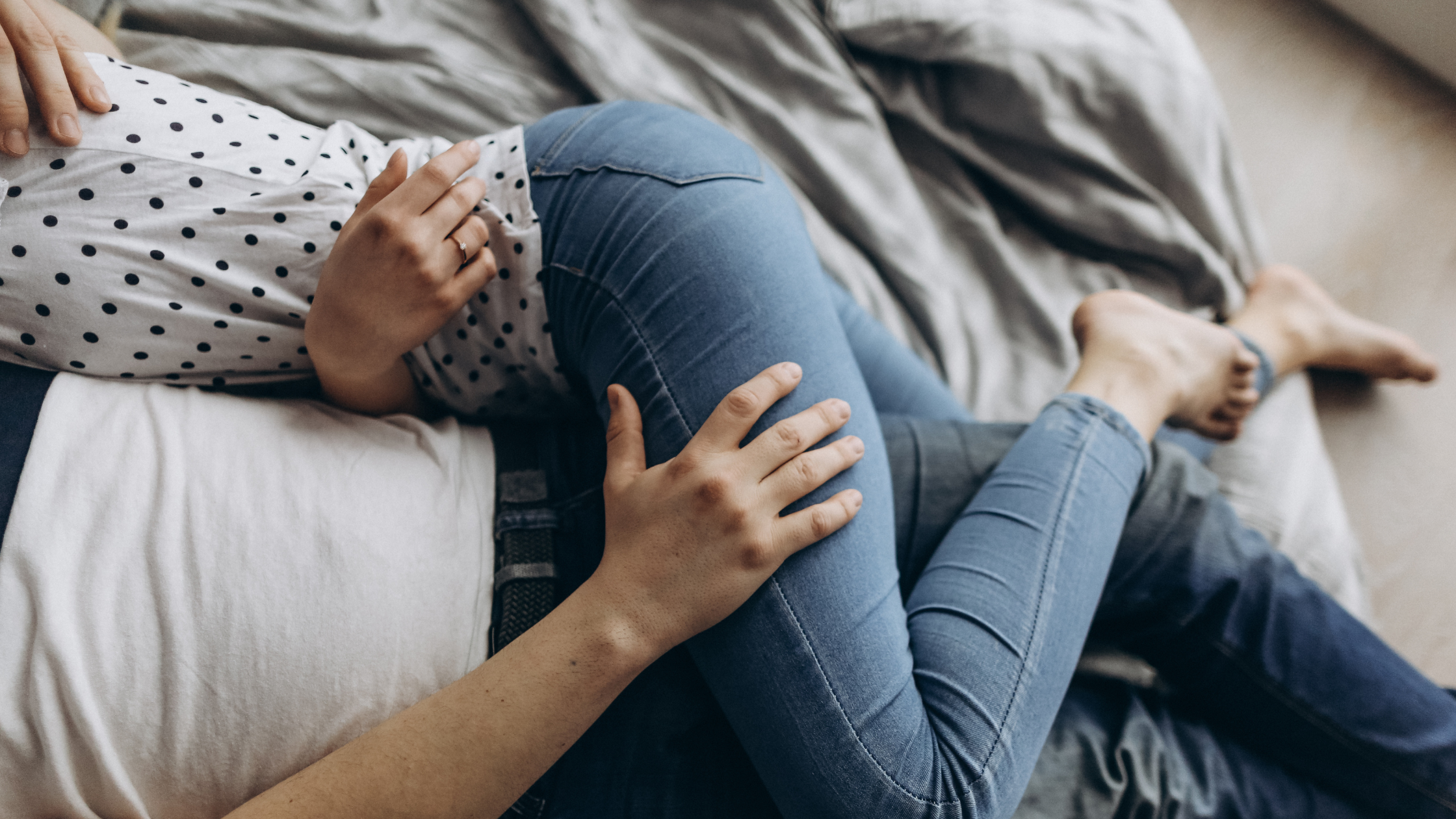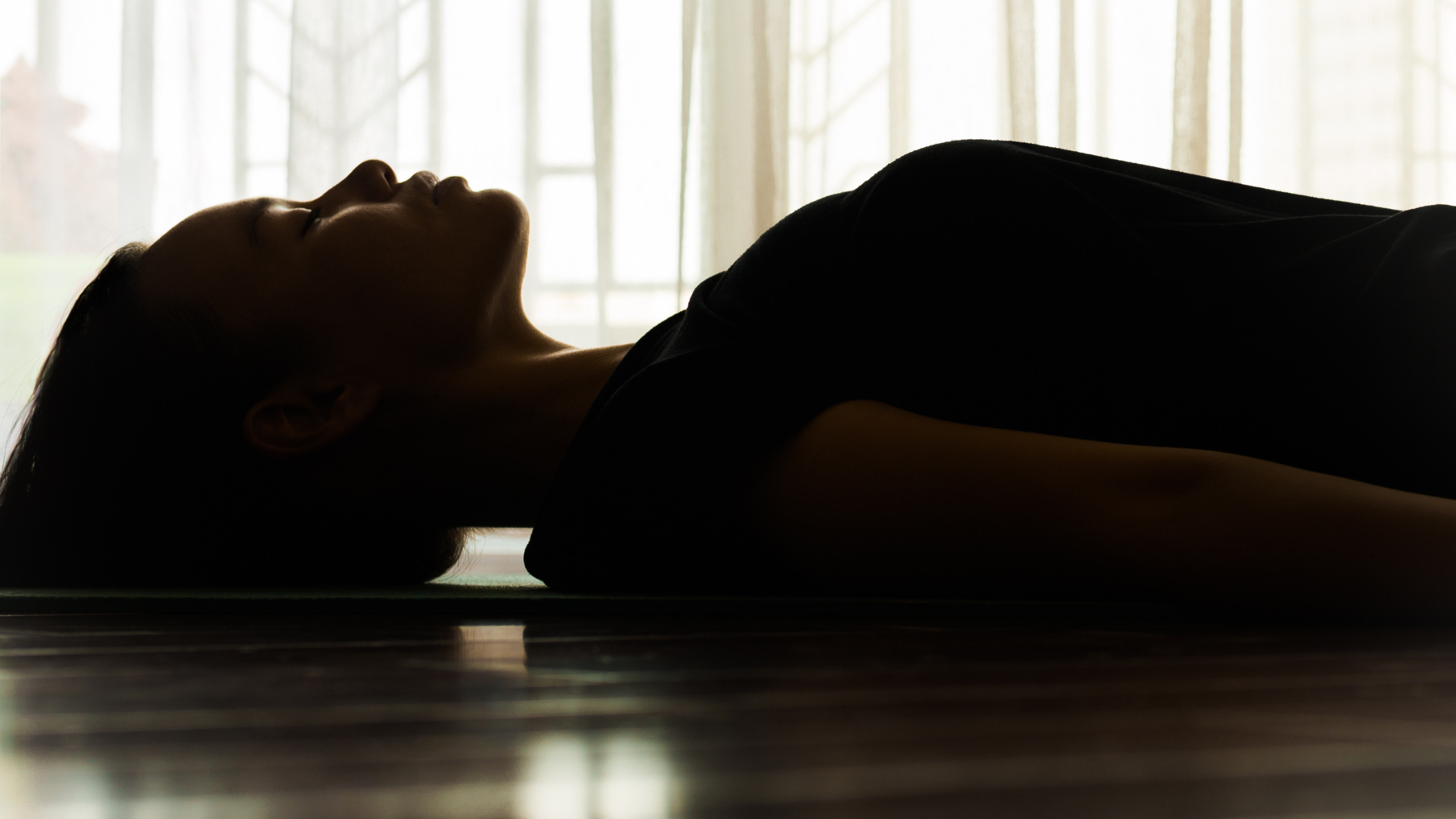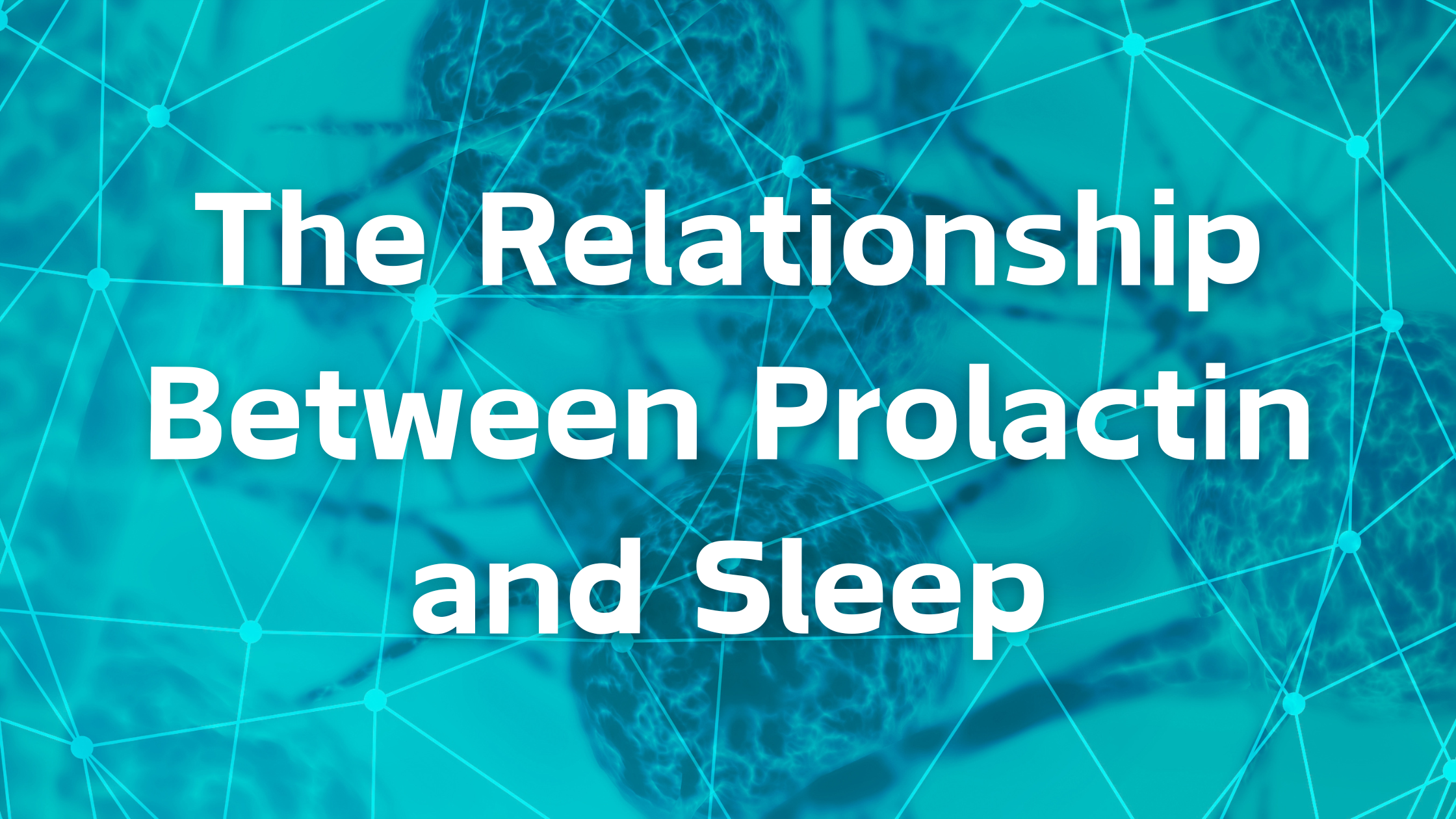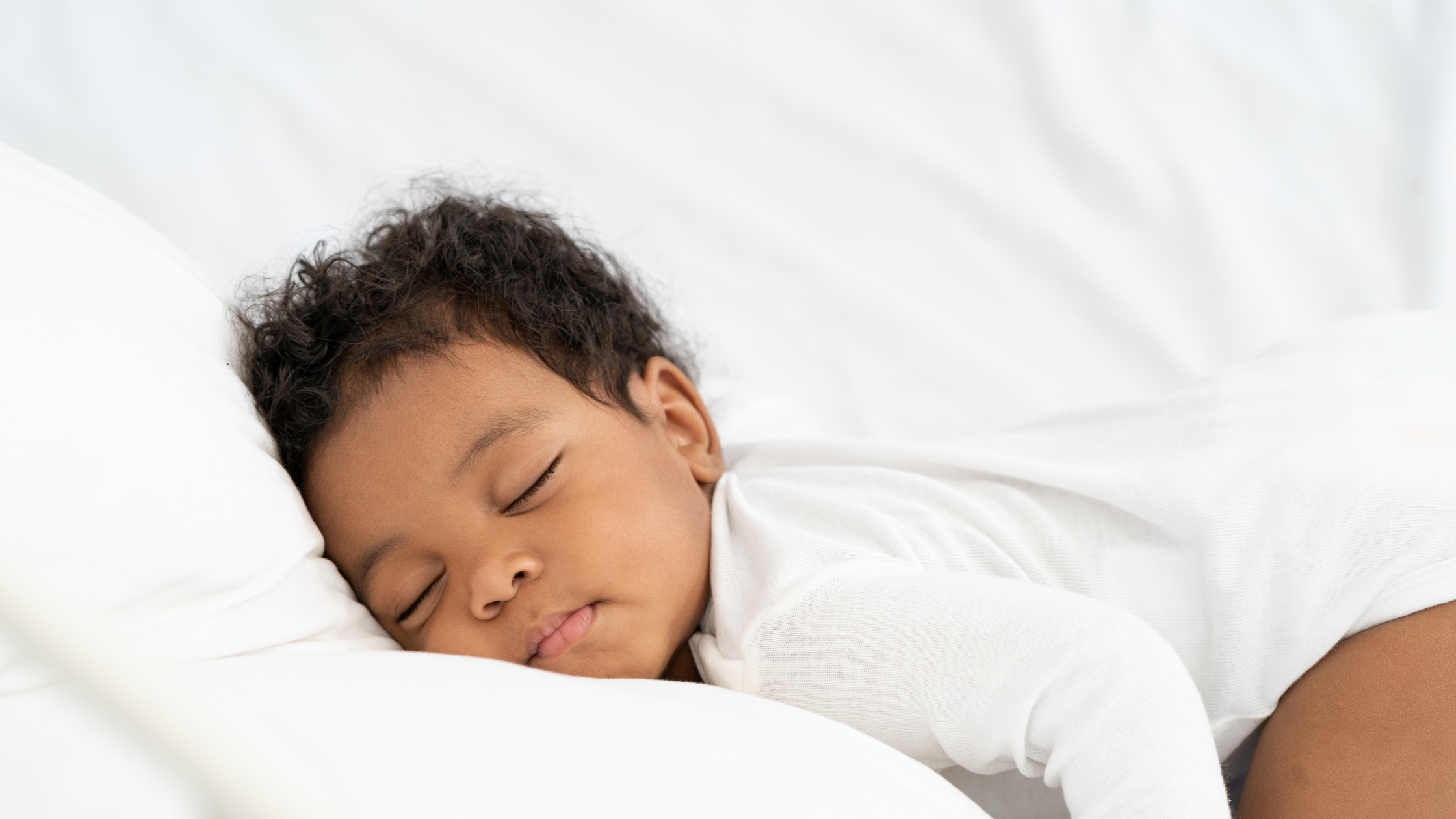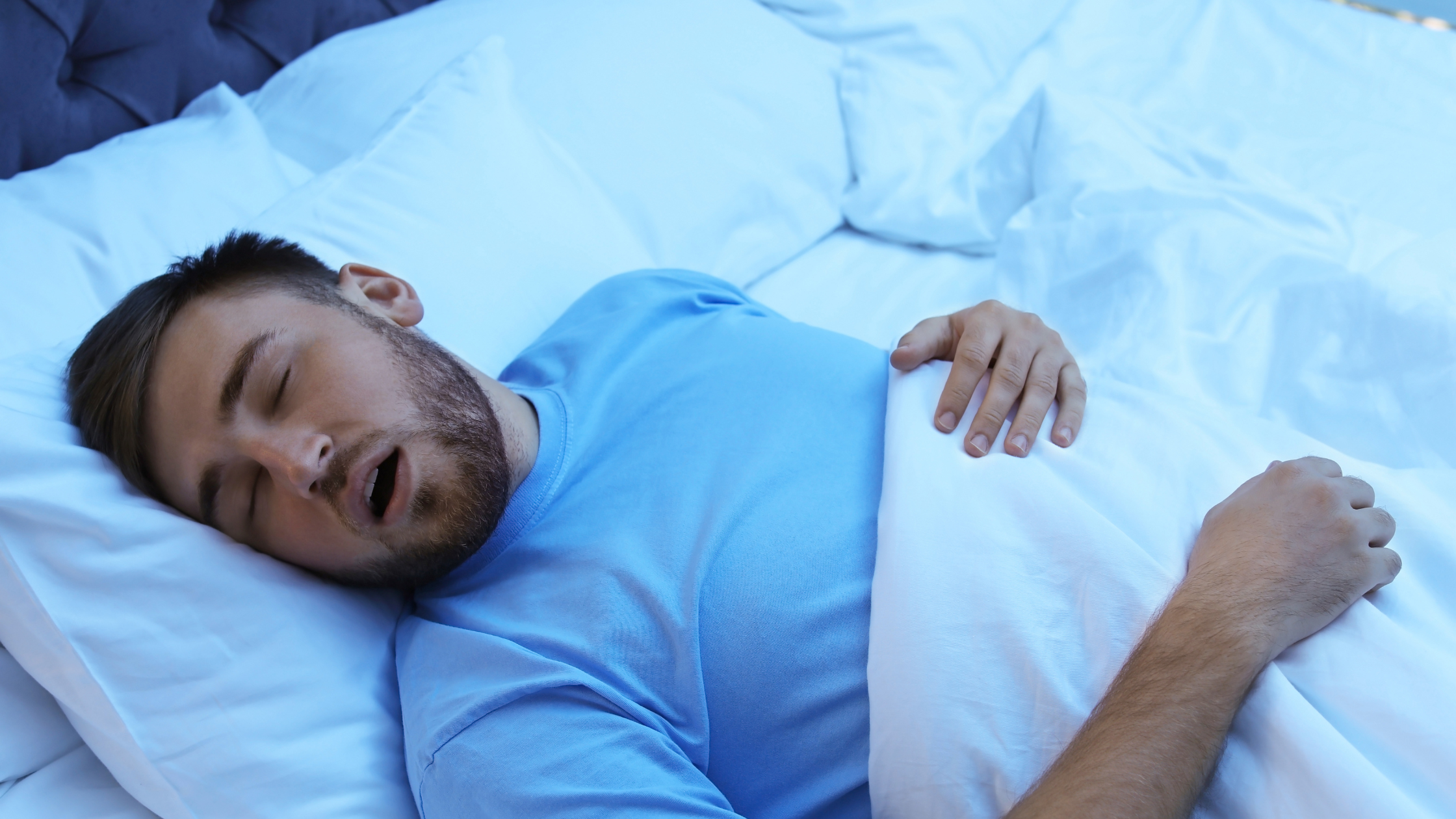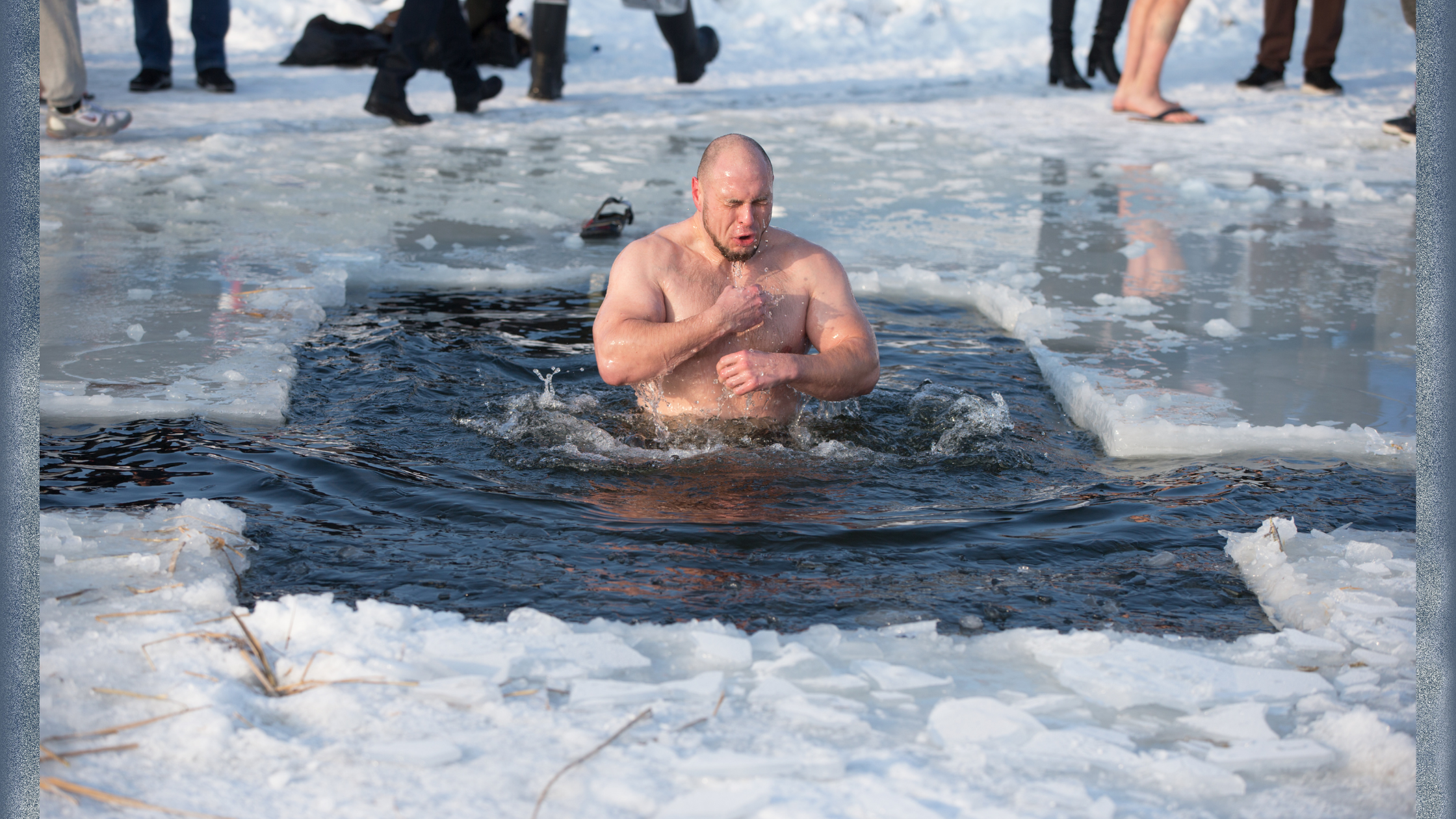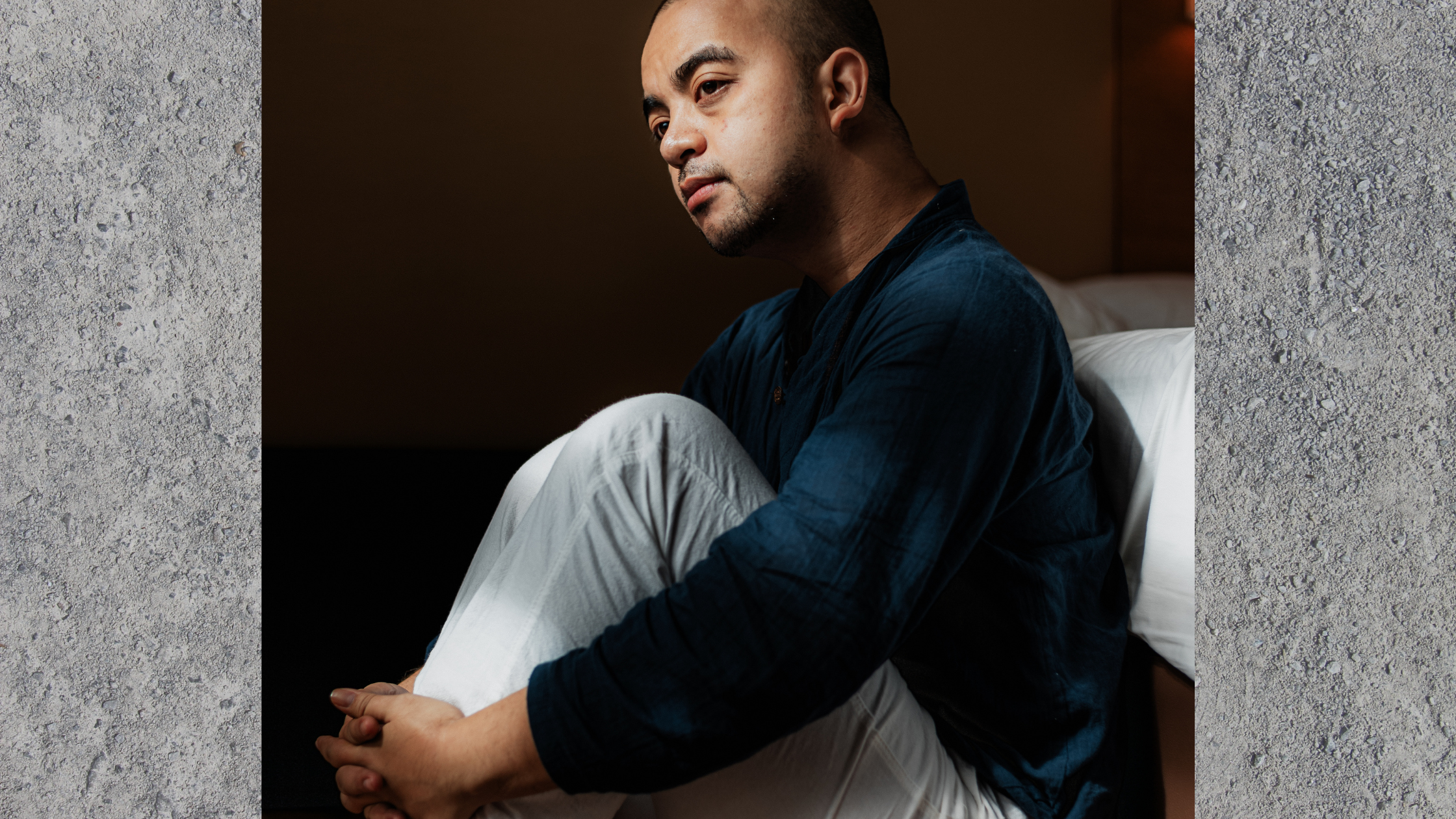Imagine lying in bed, your body exhausted but your mind racing, scanning for threats and replaying events from the day. For those experiencing hypervigilance, this scenario is all too familiar. Hypervigilance, often a byproduct of anxiety, trauma, or certain mental health conditions, can wreak havoc on your ability to get restful sleep. Let’s dive into how hypervigilance impacts sleep and explore strategies to restore peace to your nights.
Darian Dozier
Recent Posts
Hypervigilance and Sleep: Breaking the Cycle of Restlessness
When we think of oxytocin, the so-called "love hormone," we often associate it with feelings of bonding, trust, and affection. From the joyful connection of a mother with her newborn to the warm glow of romantic intimacy, oxytocin plays a central role in how we connect with others. But did you know that this powerful neuropeptide is also closely linked to sleep? Let’s explore how oxytocin affects sleep, its benefits, and how you can naturally boost your levels for a better night’s rest.
Progressive Muscle Relaxation: A Simple Tool for Better Sleep
Struggling to fall asleep or stay asleep can feel like a frustrating battle against your own mind and body. Tossing and turning, racing thoughts, and physical tension are common culprits that rob us of the restorative rest we need. One highly effective technique for easing into sleep is Progressive Muscle Relaxation (PMR)—a simple yet powerful practice designed to calm your body and mind.
Whether you’re dealing with occasional stress, chronic insomnia, or just want to improve your sleep quality, PMR is a tool that anyone can use. In this blog post, we’ll explore what Progressive Muscle Relaxation is, how it works, and how you can incorporate it into your bedtime routine.
Hormones play a critical role in regulating our bodies, from energy levels and mood to growth and sleep patterns. Among these, prolactin is often associated with lactation and breastfeeding, but its influence goes far beyond milk production. Prolactin also plays an important role in sleep regulation and overall recovery. Understanding the relationship between prolactin and sleep can provide insights into why we feel so tired after a long day or during certain physiological phases, such as postpartum recovery.
In this post, we’ll explore the fascinating connection between prolactin and sleep, its role in our bodies, and how imbalances in this hormone can affect rest and recovery.
Sleep is one of the most talked-about topics for new parents—and for good reason. Babies’ sleep patterns can feel unpredictable, leaving parents desperate for answers and some much-needed rest. One of the key factors influencing a baby’s sleep is melatonin, the "sleep hormone" responsible for regulating our sleep-wake cycles. But did you know that melatonin production is not fully developed in newborns? Understanding how melatonin develops in babies can shed light on their unique sleep patterns and help parents support their child’s sleep as they grow.
Here’s a deep dive into the fascinating journey of melatonin development in babies, why it’s important, and what you can do to encourage better sleep during this critical time.
Understanding Environmentally Induced Obstructive Sleep Apnea (OSA)
Obstructive Sleep Apnea (OSA) is a sleep disorder that affects millions of people worldwide. It occurs when the upper airway becomes partially or completely blocked during sleep, leading to disrupted breathing, reduced oxygen levels, and poor-quality rest. While OSA is often linked to factors such as obesity, anatomical abnormalities, or genetics, a lesser-known contributor to the condition is the environment in which we live, work, and sleep. This phenomenon, referred to as environmentally induced OSA, highlights how external factors can play a significant role in the development or worsening of the disorder.
In this post, we’ll explore what environmentally induced OSA is, the environmental factors that can contribute to it, and steps you can take to mitigate its effects.
How Technology Interferes with Your Sleep (And What to do About It)
In today’s hyper-connected world, technology is woven into the fabric of our daily lives. From smartphones to smart TVs, tablets, and even wearables, we are constantly plugged into devices that keep us informed, entertained, and connected. However, this reliance on technology is having a significant impact on one of the most important aspects of our health—our sleep. If you’ve found yourself tossing and turning at night, struggling to get enough quality sleep, the culprit might just be the very technology that surrounds you. Here's how technology is interfering with your sleep—and what you can do to improve it.
New Mothers: Understanding Your Sleep Needs During the Early Days
Becoming a new mother is a transformative experience, filled with moments of joy, love, and—let’s be honest—exhaustion. One of the biggest challenges new moms face is managing their sleep. Between midnight feedings, soothing a fussy baby, and adjusting to a completely new routine, it can feel like you’re caught in a perpetual cycle of sleep deprivation. However, understanding the different types of sleep you’re experiencing and recognizing the importance of sleep for your well-being can make this adjustment period a little easier. Here’s a look at the various sleep types new mothers experience and how to navigate them to improve your rest.
Cold Plunges and Sleep: How Cold Water Therapy Can Enhance Your Rest
In recent years, cold plunges and ice baths have gained popularity as part of fitness and wellness routines, especially among athletes and wellness enthusiasts. While the benefits of cold exposure are often associated with recovery and reducing inflammation, did you know that cold plunges can also have a significant impact on your sleep? If you’re struggling to get restful sleep or simply want to optimize your sleep quality, incorporating cold water therapy might just be the game-changer you need. Here’s how cold plunges can improve your sleep, and why you should consider adding them to your routine.
We’ve all been there: lying awake in bed, unable to sleep because your mind is racing. Whether it’s a big presentation, a job interview, a first date, or an important event, nerves can keep you up at night and leave you feeling exhausted the next day. Sleep deprivation caused by anxiety or nerves can have a significant impact on your health and well-being, but there are ways to manage it. Here are some tips to help you get through sleepless nights caused by nerves and feel more rested and in control.

